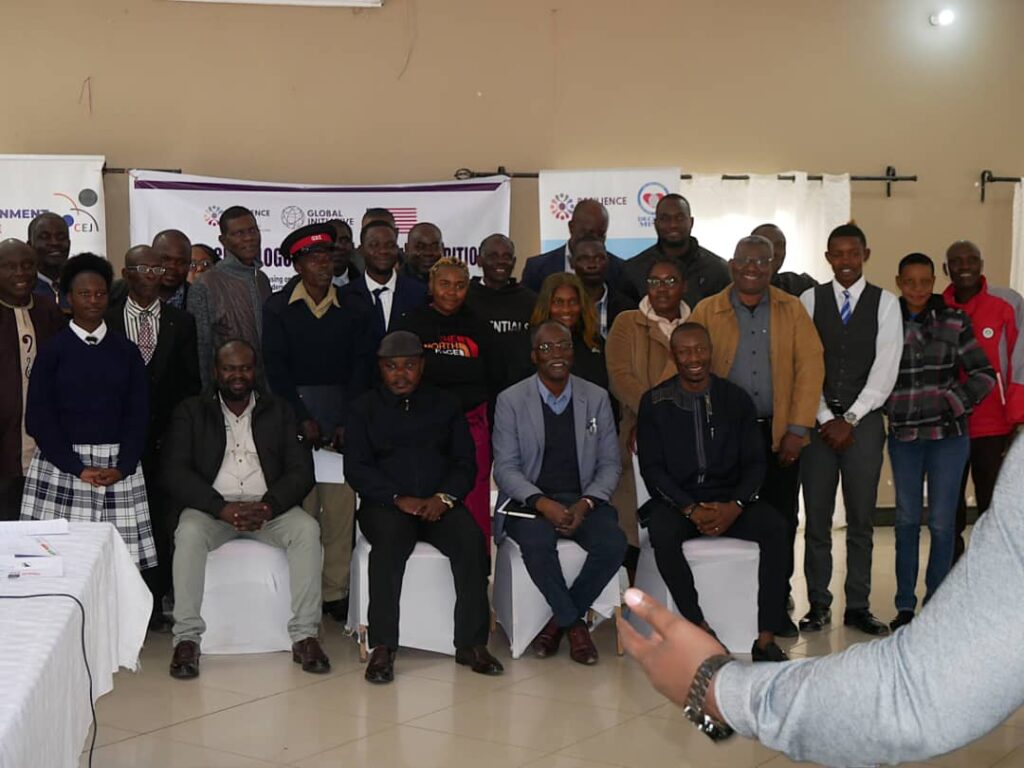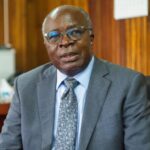Centre for Environment Justice (CEJ) says Zambia, like many countries in the region, faces growing threats from nature crimes such as illegal logging and fishing, illicit mining, wildlife trafficking, and destructive land conversion.
It is in this vein that Zambia has hosted an international dialogue in Serenje District, Central Province to dissect nature crimes.
The Resilience Dialogue in Africa: Zambia Edition, was co-hosted by CEJ, Decisive Minds, and Centre4Zero Waste and Development.
CEJ Executive Director, Maggie Mwape acknowledged the support of the Resilience Fund and its partners, including the U.S. Department of State – Bureau of Oceans and International Environmental and Scientific Affairs, for enabling the dialogue in Zambia.
Ms. Mwape emphasized that confidence in local actors and frontline communities reaffirmed the shared belief that sustainable solutions must come from the ground up.
She noted that these activities weaken governance structures, fuel organized crime, and threaten communities dependent on natural resources.
Ms. Mwape said this in a speech delivered on her behalf by CEJ Monitoring and Evaluation Specialist Haggai Nyambe.
“The Resilience Dialogue is a deliberate effort to convene diverse stakeholders, including traditional leaders, civil society, community activists, and policymakers, to discuss practical ways to prevent and respond to environmental crimes while building long-term resilience.”
“The dialogue is part of a growing regional movement supported by the Resilience Fund, which has already taken shape in Tanzania and Kenya,” Ms. Mwape stated.
She outlined several objectives of the dialogue, including fostering a shared understanding of nature crimes and their impact on livelihoods, security, and social cohesion.
Ms. Mwape also emphasized identifying detection methods, exchanging local knowledge, capturing community perspectives, and amplifying voices to ensure inclusive policy-making.
She said Zambia was proud to be part of this effort and acknowledged CEJ’s collaboration with Decisive Minds and Centre4Zero Waste and Development.
“The strength of the dialogue lay in the voices of those living the realities of environmental challenges daily,” she said.
Ms. Mwape encouraged honest conversations to build a future where nature is protected, communities are empowered, and justice is upheld.
Meanwhile, Serenje District Commissioner Paul Masuwa emphasized the importance of strong policies in tackling environmental crimes.
“Nature crimes such as illegal logging, unauthorized mining, wildlife trafficking, and unsanctioned land conversion are pressing issues that severely impact communities, threatening livelihoods, security, and environmental sustainability,” he emphasized.
Mr. Masuwa highlighted the devastating effects of these crimes, particularly in rural areas, where illegal mining exploits youth, contaminates water sources, and renders land unsuitable for agriculture.
He commended President Hakainde Hichilema for his administration’s commitment to environmental protection and sustainable management of Zambia’s natural resources.
Mr. Masua was speaking in a speech delivered on his behalf by Serenje District Education Board Secretary (DEBS) Harry Silungwe.



